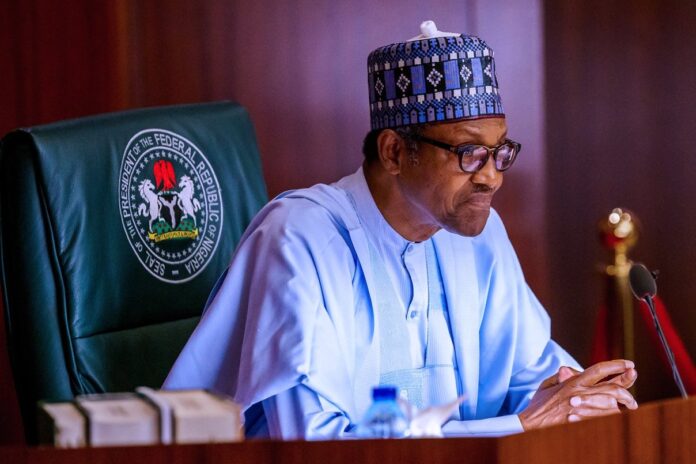By Jeph Ajobaju, Chief Copy Editor
Nigeria is gearing up plans to plug illegal gold exports in a sector that can create 250,000 jobs and yearly boost foreign reserves by $500 million as well as treasury tax receipts by $150 million in the effort to diversify the economy from oil.
The plan will regulate production by informal miners that currently provides no income to the state, said Fatima Shinkafi, executive secretary of the Presidential Artisanal Gold Mining Development Initiative (PAGMDI).
As much as 18 tonnes of gold leaves Nigeria illegally every year and is shipped to Dubai, Shinkafi told Bloomberg in an interview on Tuesday.
In July, President Muhammadu Buhari disclosed that Nigeria lost $3 billion to illegal smuggling of gold between 2012 and 2018.
He spoke in Abuja at the official presentation of locally mined gold bars by the Presidential Artisanal Gold Mining Development Initiative (PAGMDI), where he reiterated government commitment to establishing gold refineries in Nigeria.
Production supervision
The plan by PAGMDI aims to shift most of gold production, which is extracted by so-called artisanal miners and sold to middlemen, into a supervised supply chain that ends with bullion in a vault in the Central Bank of Nigeria (CBN).
Regulating artisanal gold will help diversify the economy at a time when lower crude prices are adding pressure on Abuja to reduce national dependence on oil.
Persuading the informal gold-mining industry to come within the orbit of state oversight would both generate much-needed tax revenue and allow the CBN to stockpile the metal, Bloomberg added, quoting the presidency.
Oil sales are Nigeria’s main provider of hard currency, accounting for about half of government revenue and 90 per cent of export earnings.
Although the price of crude has rebounded and stabilised since a sharp plunge in March, the collapse has forced the Buhari administration to devalue the naira as a decline in revenue sapped external reserves.
Nigeria’s gross reserves currently stand at $35.9 billion.
The price of gold has soared in recent months, reaching a record $1,988.40 an ounce on Monday. At current prices, the PAGMDI scheme could add about $500 million to foreign reserves yearly, as well as contribute $150 million in taxes, Shinkafi said.
“That’s a hell of an incentive for a country that is earning mostly from oil and agriculture,” she added.













